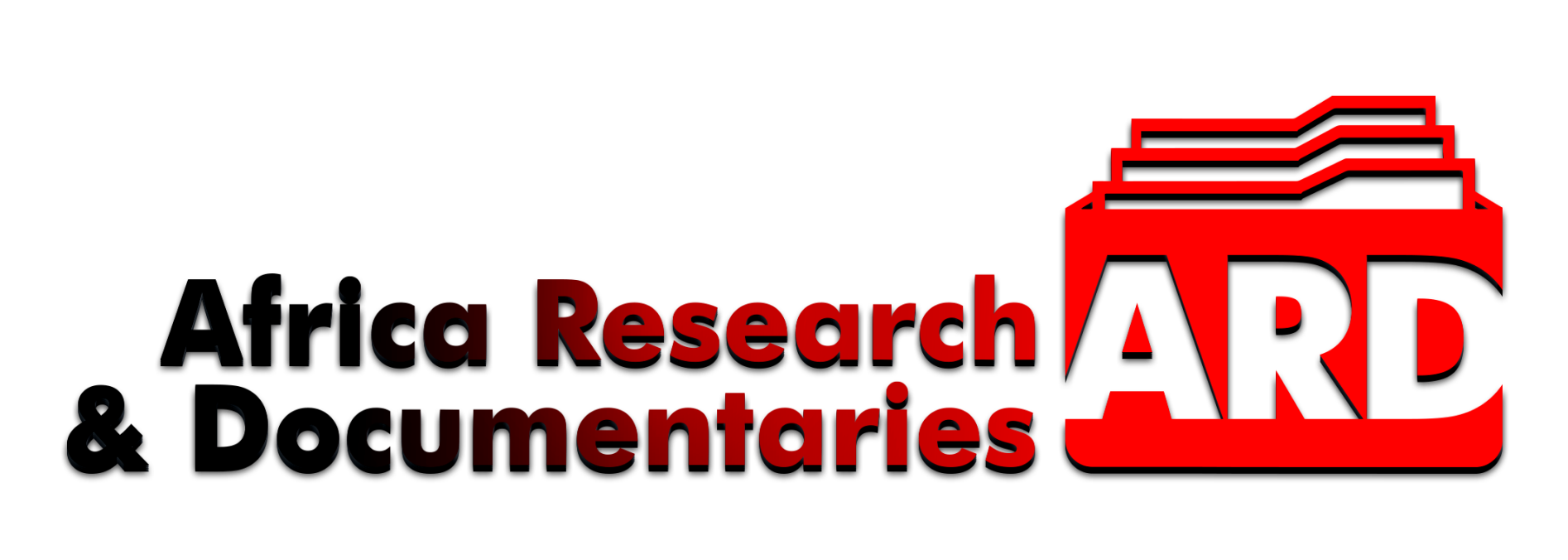New Minimum Wage Agreement: ₦70,000 Set as Nigeria’s New Monthly Wage

The Nigeria Labour Congress (NLC), Trade Union Congress (TUC), and the Nigerian government have reached an agreement on a new minimum wage of ₦70,000 (about US$43) per month. This decision comes after long and difficult negotiations driven by rising inflation and a weakening currency.
The Agreement
After months of discussions, the NLC, TUC, and the government finally agreed on a new minimum wage of ₦70,000 per month. This increase is aimed at improving the lives of workers and reducing the financial pressure they face. While the new wage is a significant increase from the previous ₦30,000, it is still lower than what some labor groups had hoped for. However, it is seen as a necessary step in the right direction.
Challenges Ahead
Despite the new minimum wage, there are concerns that it may not be enough to fully address the economic challenges facing workers. Inflation is still high, and the value of the naira continues to fall. Additionally, there are fears that some employers, especially in the private sector, may not comply with the new wage law. The government and labor unions will need to work together to ensure that the new wage is enforced and that workers receive the full benefits of this agreement.
The new minimum wage of ₦70,000 per month marks a critical development in Nigeria’s labor landscape. It reflects the ongoing struggle to balance fair wages with economic realities.
The new minimum wage of ₦70,000 per month marks a critical development in Nigeria’s labor landscape. It reflects the ongoing struggle to balance fair wages with economic realities. While it brings some relief to workers, it also highlights the need for further efforts to stabilize the economy and improve the standard of living for all Nigerians.










